(CLO) Yasmin Eid cooks a small pot of lentils over a fire of twigs and scraps of paper in the tent she shares with her husband and four young daughters in the Gaza Strip. It is their only meal of the day, all they can afford.
“My daughters often suck their thumbs because they are hungry, and I pat their backs until they fall asleep,” she said.
After being displaced five times, Eid’s family lives in central Gaza, which is more accessible to aid groups than the north, which is largely isolated and heavily damaged by the Israel-Hamas conflict. But despite the aid, most people in Gaza are hungry these days. In the north, experts say a full-blown famine could be looming.
On November 21, the International Criminal Court issued arrest warrants for Israeli Prime Minister Benjamin Netanyahu and his former defense minister, accusing them of using "starvation as a method of warfare," charges Israel strongly denies.
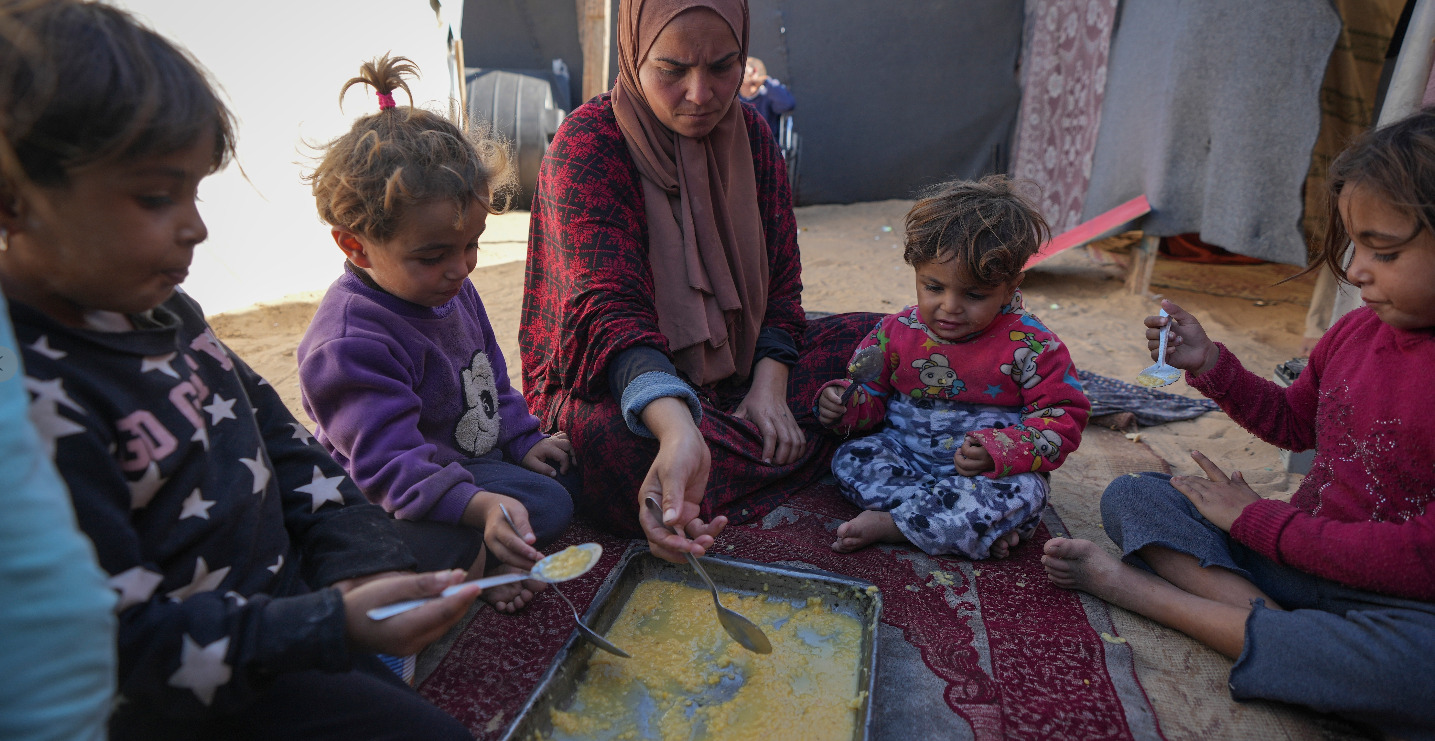
Yasmin Eid and her four daughters eat lentils at their tent in a refugee camp in Deir al-Balah, Gaza Strip. Photo: AP
In Deir al-Balah, Eid was among hundreds of thousands of people sheltering in squalid tent camps. Local bakeries were closed five days a week. The price of a bag of bread rose above $13 on November 20 as bread and flour disappeared from store shelves before supplies arrived.
The UN humanitarian office has warned of a “dramatic increase” in the number of households facing severe hunger in central and southern Gaza. The amount of food Israel has allowed into Gaza has dropped sharply over the past seven weeks, now at its lowest level of the entire war.
For months, Yasmin and her family went to bed hungry. “Everything was expensive, and we couldn’t buy anything. We always went to bed without dinner,” she said.
She misses the taste of coffee, but a packet of Nescafe costs about $1.30. A kilo of onions costs $10, a medium bottle of cooking oil is $15, if available. Meat and chicken have mostly disappeared from the market months ago, but some local vegetables remain. Such sums are enormous in a poor region where few people have a steady income.
Hundreds of people have been forced to wait hours for food from charities, which are also struggling.
Hani Almadhoun, co-founder of Gaza Soup Kitchen, said his team can only provide small bowls of rice or pasta once a day. He said they’ll sometimes go to the market and buy something for $5, then come back in the afternoon to find the price has doubled or tripled.
Ngoc Anh (according to AP)
Source: https://www.congluan.vn/nhieu-nguoi-o-gaza-chi-an-mot-lan-trong-ngay-khi-nan-doi-lan-rong-post322582.html



















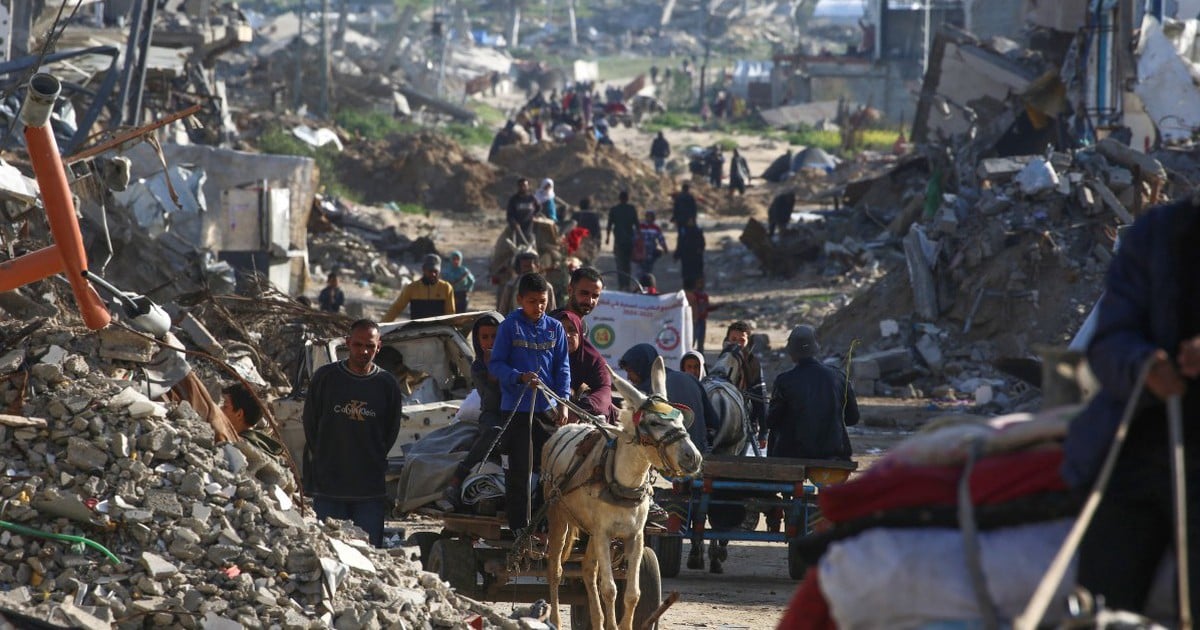


















![[Photo] President Luong Cuong attends special political-artistic television show "Golden Opportunity"](https://vstatic.vietnam.vn/vietnam/resource/IMAGE/2025/8/22/44ca13c28fa7476796f9aa3618ff74c4)
































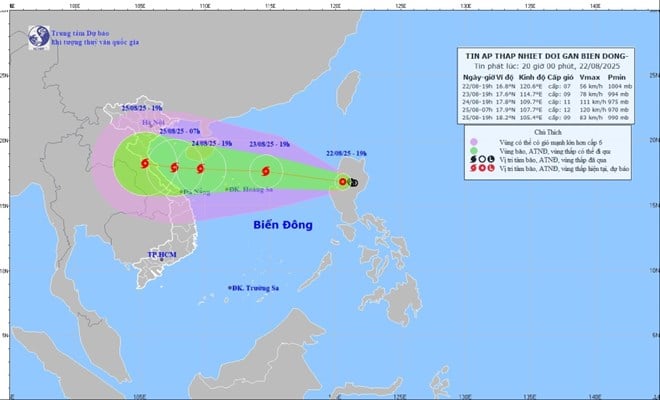







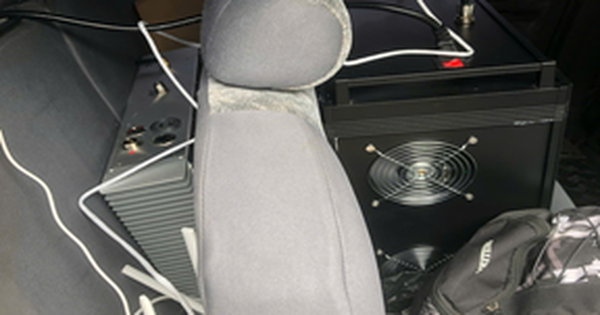







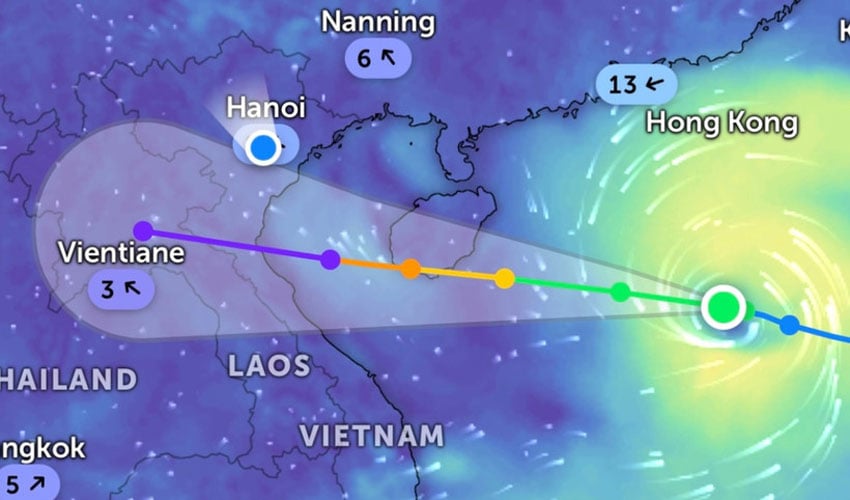


















Comment (0)